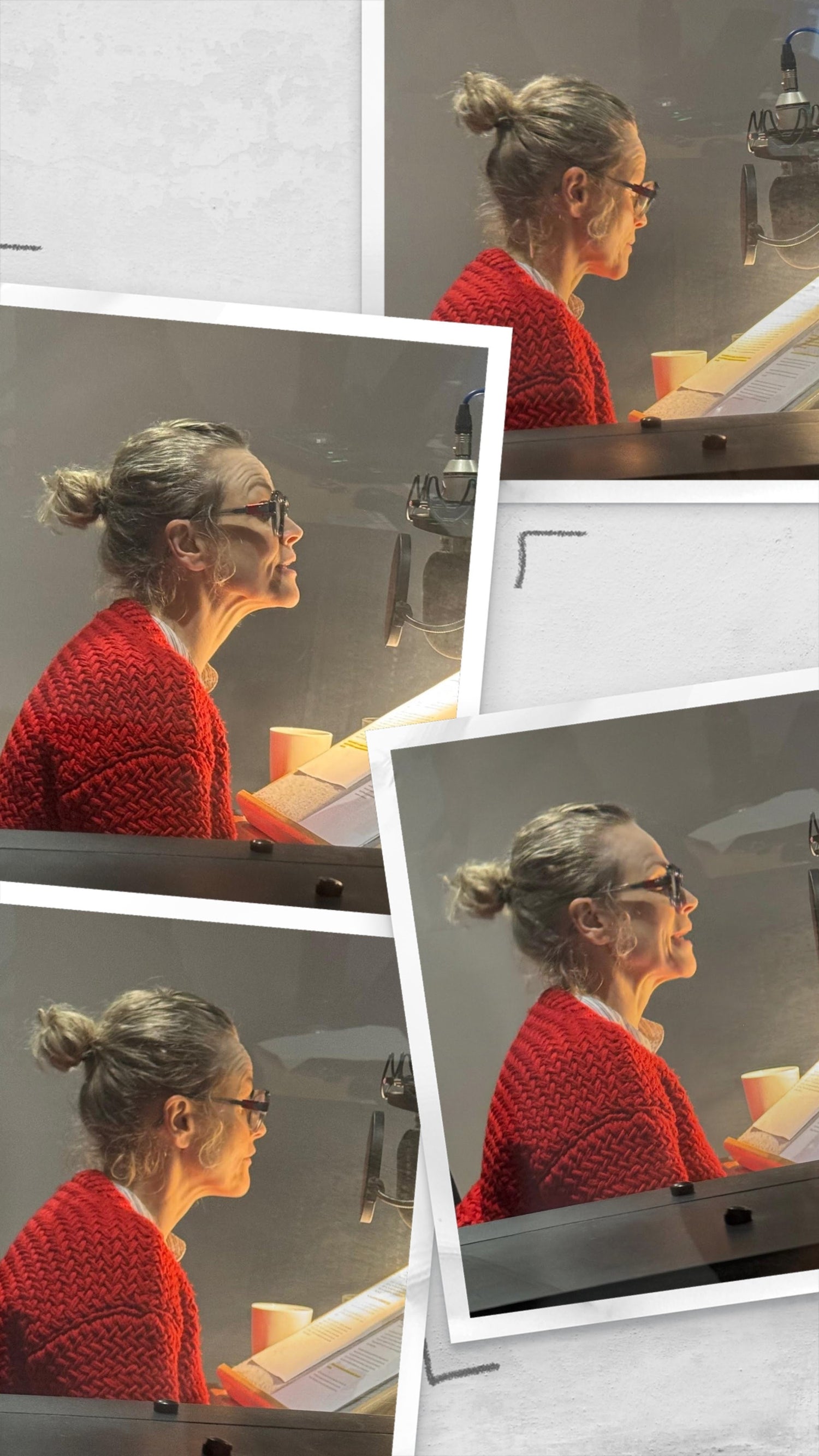Bill for my brother
Bill for My Brother - JOINT ENTERPRISE BILL (JEB)
Watch on Vimeo here from Movement In Media on Vimeo.
Criminal Appeal (Amendment) Bill
A BILL TO
To amend the Criminal Appeal Act 1968 to allow, notwithstanding the date of conviction, leave to appeal where there has been a change in the law which is material to the conviction and the application is served before the conviction is spent.
Amend section 18 Initiating Procedure
Insert subsection 18(4):
18 Initiating procedure
(1) A person who wishes to appeal under this Part of this Act to the Court of Appeal, or to obtain the leave of that court to appeal, shall give notice of appeal or, as the case may be, notice of application for leave to appeal, in such manner as may be directed by rules of court.
(2) Notice of appeal, or of application for leave to appeal, shall be given within twenty-eight days from the date of the conviction, verdict or finding appealed against, or in the case of appeal against sentence, from the date on which sentence was passed or, in the case of an order made or treated as made on conviction, from the date of the making of the order.
(3) The time for giving notice under this section may be extended, either before or after it expires, by the Court of Appeal.
(4) The time for giving notice shall be extended by the Court of Appeal and shall be granted where notice is for leave to appeal against a conviction for an offence which no longer exists or an offence which has changed in a way which is material to the applicant’s conviction, including the availability of a defence which did not previously exist and one of the following conditions are met:
(i) the application for leave to appeal was served before the conviction is spent; or
(ii) there is some other compelling reason that the Court of Appeal finds it is in the interests of justice to do so
Overview of the Criminal Appeal (Amendment) Bill
1. Currently, to apply for permission to appeal (herein after referred to as “leave”) against a criminal conviction, the applicant must serve their application within 28 days following the date of conviction. All other applications are out of time and at the discretion of the judiciary.
2. The impact of this time constraint is greatest felt when an applicant seeks to appeal against conviction on the basis of a change in the law which is material to their conviction as these cases are more likely to be out of time.
3. Those who appeal within time will have their appeal upheld where the conviction is ‘unsafe’ i.e., the person might reasonably not have been convicted had the law been correctly applied. Comparatively those appealing out of time and on the basis of a change in the law, must pass an additional appeal hurdle known as the ‘substantial injustice’ test i.e., the person would not have been convicted had the law been correctly applied.
4. Subsequently, the substantial injustice test is far more onerous than the safety test and it arguably violates the applicant’s rights enshrined within Article 6 of the European Convention on Human Rights.
5. The aim of this proposed amendment is to remove the 28-day time limit and provide for compulsory leave to appeal where there has been a change in the law which is material to the conviction and either (i) the application for leave is served before the conviction is spent or (ii) there is some other compelling reason why it is in the interests of justice to do so.
6. These conditions uphold the principle of finality and recognise that law must be allowed to alter with the changing needs of society without detriment to justice.
WHO WE ARE? JENGbA
Joint Enterprise Not Guilty by Association is a grass roots campaign, founded in 2010 by Janet Cunliffe and Gloria Morrison to combat the widely condemned doctrine of Joint Enterprise and particularly, Parasitic Accessorial Liability (PAL). JENGbA is coordinated and run by family members of those convicted under the doctrine. Joint Enterprise is an everyday phrase to describe the situation where two or more people are convicted for participating in the same crime. One type of Joint Enterprise is PAL which is where two or more people commit a criminal offence (crime A) and during the course of this crime, one of the group goes on to commit a further crime (crime B). All those that participated in crime A will also be liable for crime B if they foresaw the possibility that crime B might occur. The application of PAL was criticised at the highest level of the legal establishment as it allowed for the accessory to be convicted of very serious crimes on the basis of what they foresaw and not what they intended and the anomaly that it was therefore easier to convict the accessory compared with the principal. On 18th February 2016 and following years of tireless campaigning by JENGbA, we were ultimately successful in R v Jogee [2016] UKSC 8, when the Supreme Court abolished PAL and reinstated principles of traditional accessorial liability. However that victory was bittersweet as the decision in Jogee is not automatically retrospective and instead, to obtain an appeal, all those convicted under PAL must prove a substantial injustice would otherwise be done. The substantial injustice test was later interpreted in R v Johnson [2016] EWCA Crim 1613 into an incredibly onerous legal burden. In particular, that permission to appeal will only be granted to those who can prove that they would not have been convicted if the law had been properly applied. JENGbA currently supports over 1000 men, women and children convicted under Joint Enterprise and only one has successfully appealed following Jogee.


